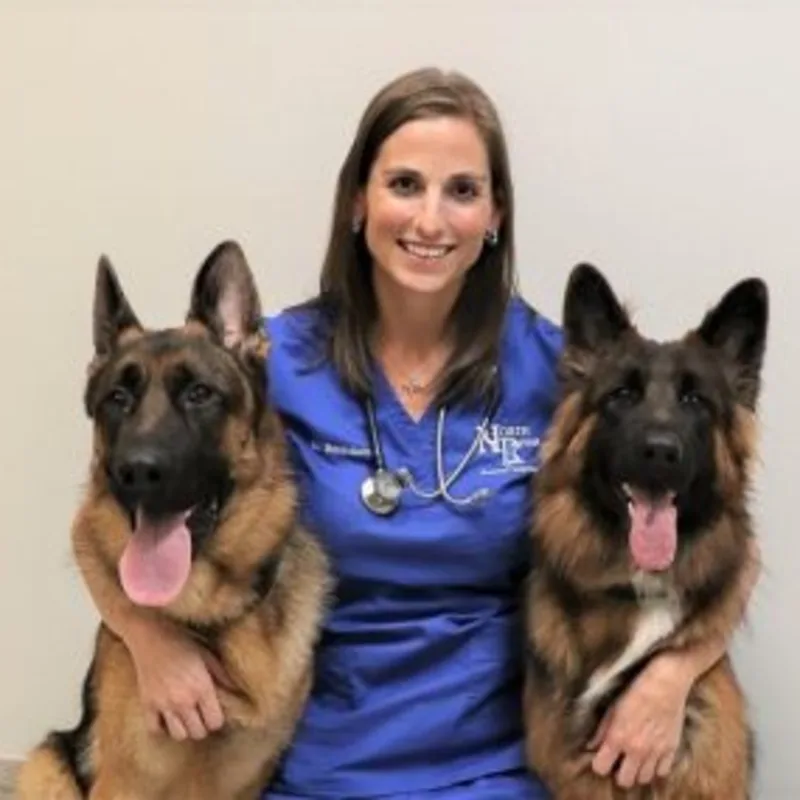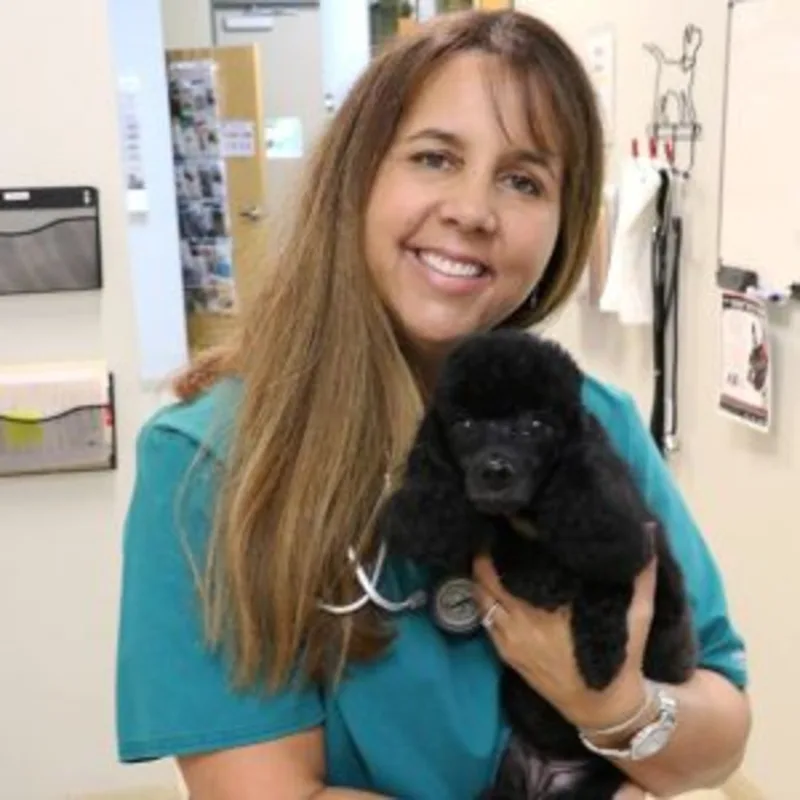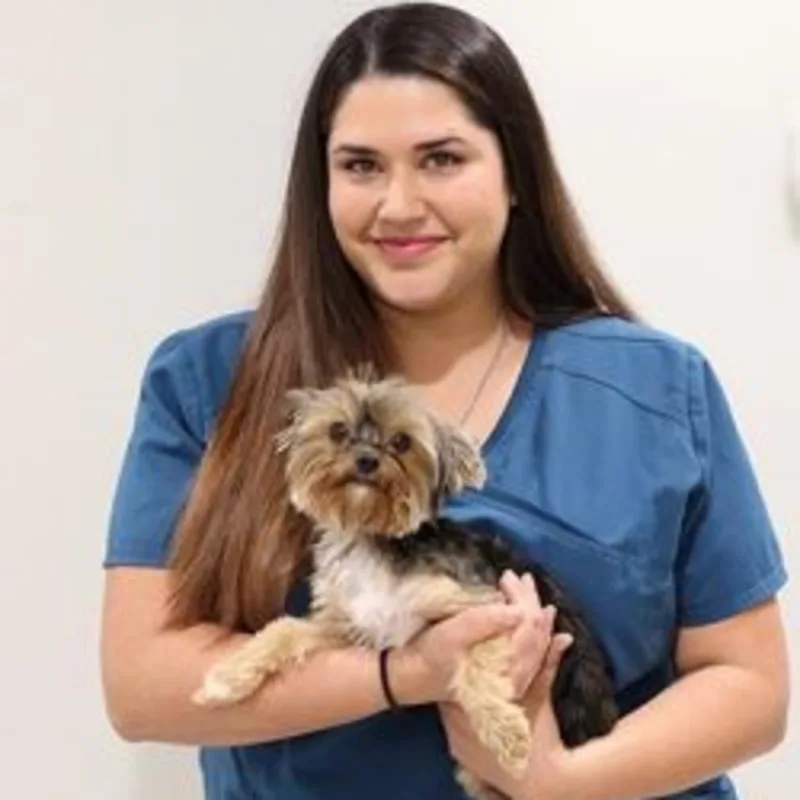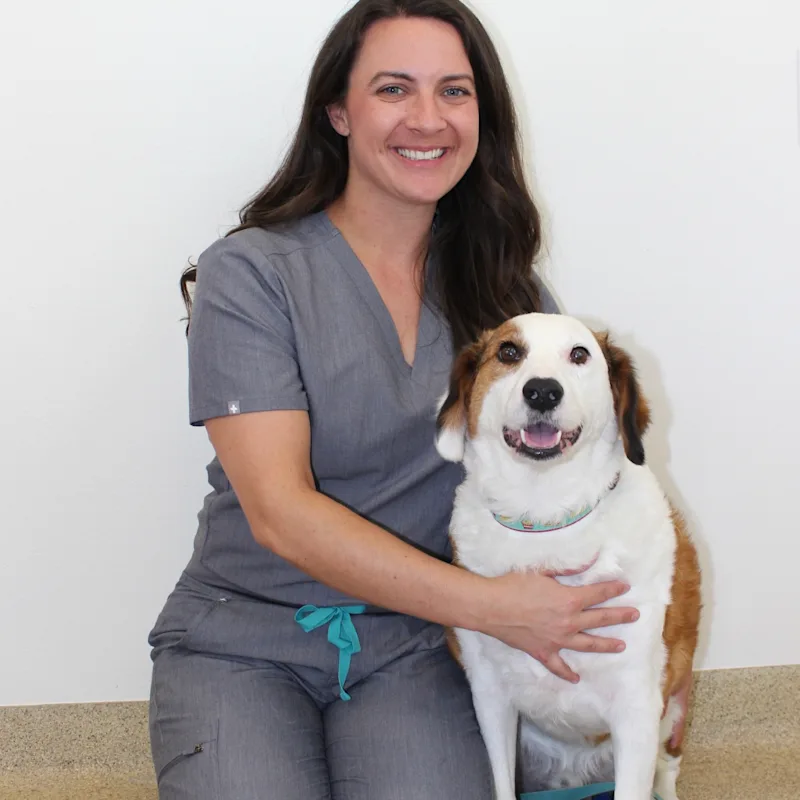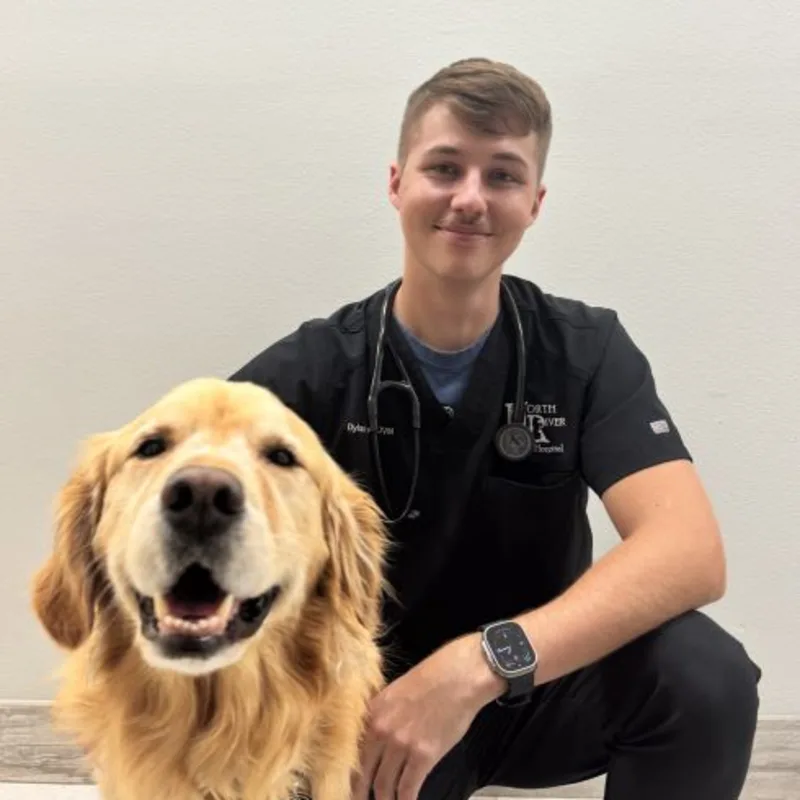North River Animal Hospital

Meet Our Doctors

Your Pet Deserves the Best Care.
At North River Animal Hospital, you can expect state-of-the-art medical care for your four-legged companions. We believe in nurturing the human-animal bond and creating a harmonious relationship between people and animals. You can expect to be greeted by a courteous receptionist, clean exam rooms, friendly doctors, and caring technicians. We appreciate the role we get to play in your pets’ health care.
Client Testimonials & Reviews
Our staff at North River Animal Hospital values feedback from our clients. Here is just a small sample of the hundreds of happy and healthy pets that we have cared for since 2017.



